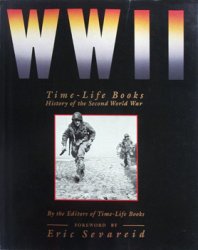Some historians, among them George Kennan, see the war as the source
from which flowed all of the violent calamities of the twentieth century. It
helped produce the Russian Revolution and the prolonged separation of the
greatest power in eastern Europe from the rest of the continent. It embittered
the German people, opening the way for Adolf Hitler's rise to power and
thus making World War II virtually inevitable. It shattered the political and
economic stability of eastern Europe, creating a battleground for both the
Nazi regime of Hitler and the Communist dictatorship of Joseph Stalin.
i
Economic historian Patrick O'Brien adds the quieter but likewise painful
consequence of chaos in the world's markets and stagnation or decline in
the prosperity of nations. "The war and its aftermath," he notes, "seriously
disrupted a highly successful liberal international order that took about three
decades to put together again."2 John Steele Gordon puts the same catastrophic
story in a larger scheme. He calls the war one of the great
discontinuities in world history, devastating European culture and destroying
any sense of confidence in the future. It split the eras before and after it
in a way comparable only to such sweeping calamities as "the volcanic
explosion that destroyed Minoan civilization on the island of Crete about
1500 B.C. or the sudden arrival of the conquistadors in the New World three
thousand years later."
To that doleful list, Arthur Marwick has added another large element. For
decades after the Armistice, the war "bulked large in everyone's minds as
the inescapable universal analogue. The war provided both precept and
practice." Thus, not only fascists and communists used the lessons the war
taught about how entire countries could be reorganized in time of real or
ostensible emergency. Democratic governments could tap the same vein of
experience in crises like the Great Depression of the 1930s.




 World History
World History









